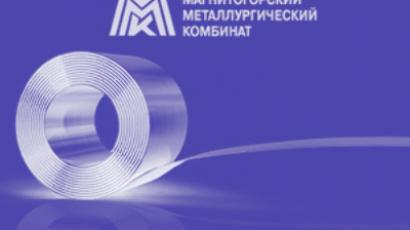EU Commission seeks to downplay Ukraine gas transit rift
The European Union has no intention of isolating Russia from the process of upgrading Ukraine's gas pipeline network. But Moscow is concerned the involvement of Brussels may result in higher gas transit fees for Russia.
The EU energy commissioner came to Moscow – following in the day-old footprints of Ukraine’s prime minister. Andris Piebalgs said Moscow and Brussels managed to overcome a misunderstanding on who should and should not modernize Ukraine’s pipeline system.
“We never wanted to isolate Russia from this process.”
On Wednesday, in his talks with Ukraine’s Yulia Timoshenko, Vladimir Putin suggested a consortium of three parties – including Russia and the EU – should upgrade Ukraine’s pipeline network.
The Commissioner said the EU is open to the possibility. Meanwhile Moscow has to live with the current EU Ukraine agreement under which Ukraine may set up an independent pipeline operator. Russian Energy Minister, Sergey Shmatko
“This means that a 4 billion euro modernization of Ukraine’s pipeline system will be financed by transit fees. We also know that Ukraine uses transit fees to subsidize its economy. Thus it's possible that the realization of the declaration will actually result in an increase of transit tariffs for Russian gas. Ukraine says it will stick to our long-term agreements – we want this to be fixed on a government level, not just by corporate agreements.”
Complex but important: Timoshenko is asking for 19 billion cubic meters of Russian gas for storage. Estimated to be worth 5 billion dollars, it would be taken as an advance payment of transit fees.
That’s why Russia wants to fix those fees – and what entity owes the money – at government level.













